What yoga has taught me
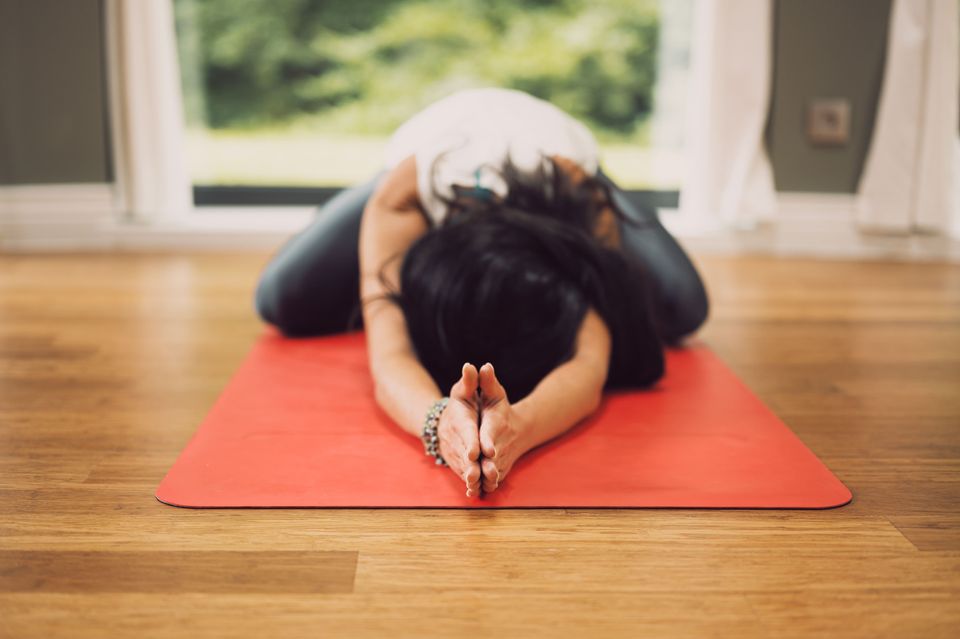
Today, I'd like to share some takeaways from my yoga practice. These lessons can be applied both on and off the mat, contributing to our overall well-being and personal growth.
The most significant lesson I've learned is the importance of recognizing and honoring who we are and where we're at. A good yoga teacher will remind you that we all have different bodies, various levels of experience, and unique needs. Moreover, these needs can vary from day to day or even from one practice to another. You may feel stiffer in the morning than you do in the evening. You may be feeling particularly off balance at work or in your relationships and this will manifest in your practice. There will be days when you need to rest, while on others you might have excess energy to burn, and so on.
Learning to honor myself has led me to gradually develop more self-awareness. Over two decades of eating disorders had left me completely disconnected from myself on every possible level. I was numb, oblivious to my own feelings and needs, my body felt like dead weight and my mind like my own worst enemy. Yoga played a pivotal role in reversing this course. It was a long journey, but little by little, I became more aware of my mind and body's sensations and needs, and I started to feel whole again. It's an ongoing process, but it's been life-changing.
Yoga has also fostered self-acceptance and self-compassion. Instead of constantly being frustrated by my limitations, I started working with my body and mind without judgment or comparison to others. Rather than berating my body for its state, I began focusing on and expressing gratitude for all that it could do. As one of my yoga teachers in Dublin was fond of saying, we should focus on our own journey without comparing our poses and progress to those of the yogi on the mat next to us. This lesson applies not only to yoga but also to life in general.
The yoga teachers I follow emphasize the need to adapt to various constraints such as time limitations, work, family obligations, or mobility issues. But they also stress the importance of maintaining consistency in practice, even if it's just for a few minutes each day. So we can add adaptability and consistency to the list.
Practices can be long or short, depending on how much time you have; what matters most it that you practice every day, even just for five minutes. You can opt for a sweaty flow or a restorative sequence or anything in between, depending on what your body and mind are calling for. You're traveling and have no mat or limited space? You can do a standing sequence. If you have mobility issues, poses can be modified and there are always alternative routines to explore.When I was operated on my knee, I discovered several pose variations I could do lying down without putting any pressure on the knees. Yoga teaches you to adapt to different situations both on and off the mat and to show up, regardless of the circumstances.
Yoga encourages a more mindful and intentional way of living. After my morning practice, I often choose a daily intention, usually just one or two words. I contemplate how I want to present myself in the world, how I want to navigate my day, and what kind of energy I want to have. Again, it's a work in progress, and I often fall short of my stated intention. However, I've noticed a difference on the days when I set an intention versus those when I forget and simply go through the motions.
Finally, I'd like to mention patience and persistence. Progress in yoga often occurs gradually, but you learn to appreciate the journey and release expectations about outcomes. And shouldn't learning to enjoy the process and to show up no matter what be what life is all about?
It's worth noting that these fundamental lessons on recognizing, accepting, and celebrating who and where you are aren't always obvious when looking at yoga teachers on Instagram or entering fancy yoga studios. The wellness culture has diluted these principles, and there exists a Western aesthetic associated with yoga teachers and practitioners as being white and thin. To be honest, I'm white and average weight, and I, too, have felt out of place sometimes. Also, on social media a lot of emphasis is put on difficult and challenging poses, which are very "Instagrammable" but just aren't feasible for many people (including me!). As a result, some may get the impression that hard poses are what yoga is about and give up on trying. It's a real shame, as yoga should be accessible to everyone, and there are countless easy poses that will provide a ton of benefits.
Luckily, there are many people actively working to challenge these stereotypes. Some of these issues are addressed in articles such as this or this. I hope anyone who wants to embark on this wonderful journey of self-discovery and personal development will feel welcome to do so.
Which of these lessons has resonated more with you (even if you don't practice yoga)? Do you have anything to add to the list? If you have any other comments or questions, leave them in the comment section; I'll be happy to read them. You can also email me or book a call to discuss the topic further. Also, please share this post with anyone who might find it useful.
PS Bonus pics of a couple of my favorite poses + some pure yoga joy and relaxation
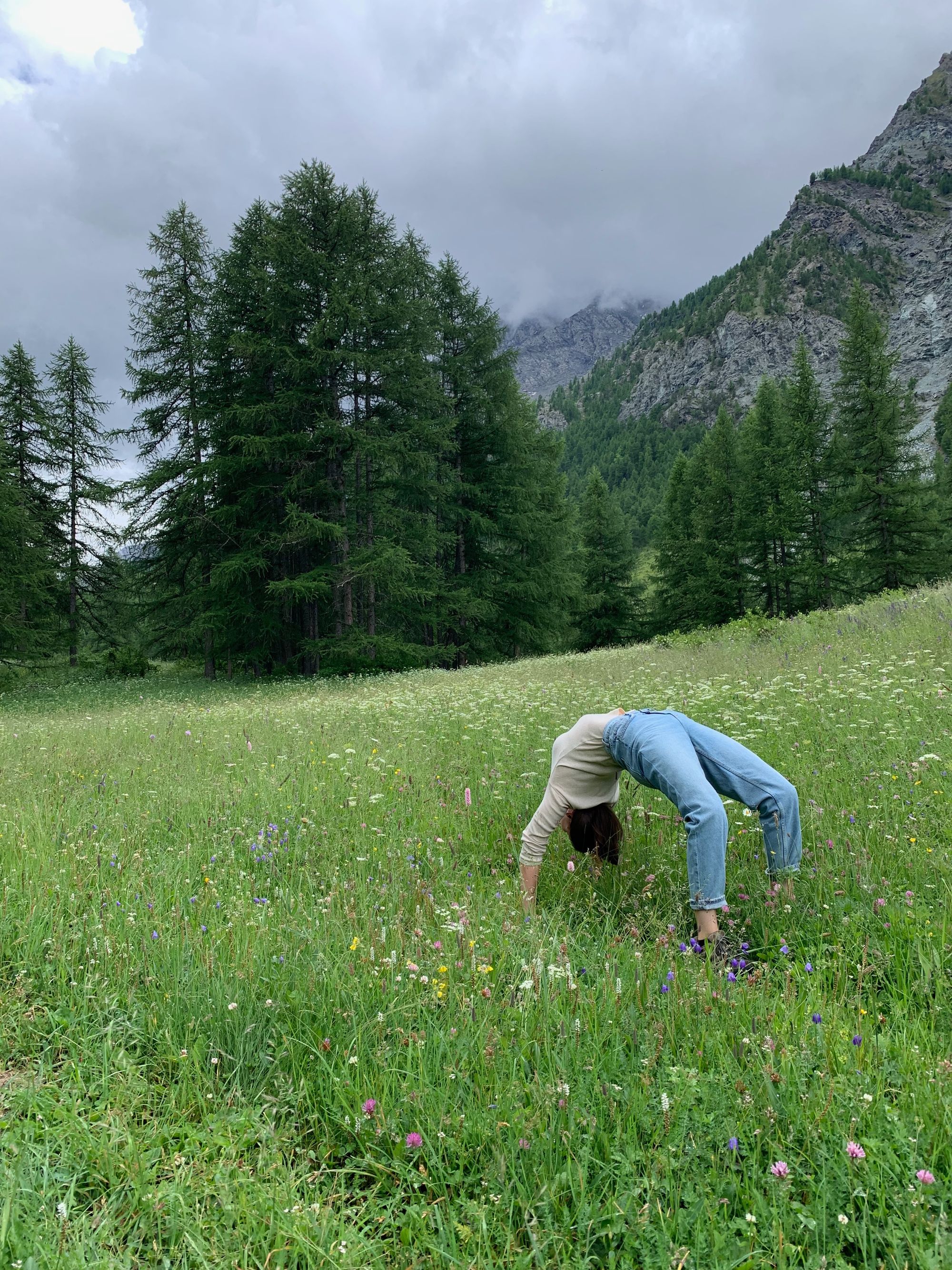
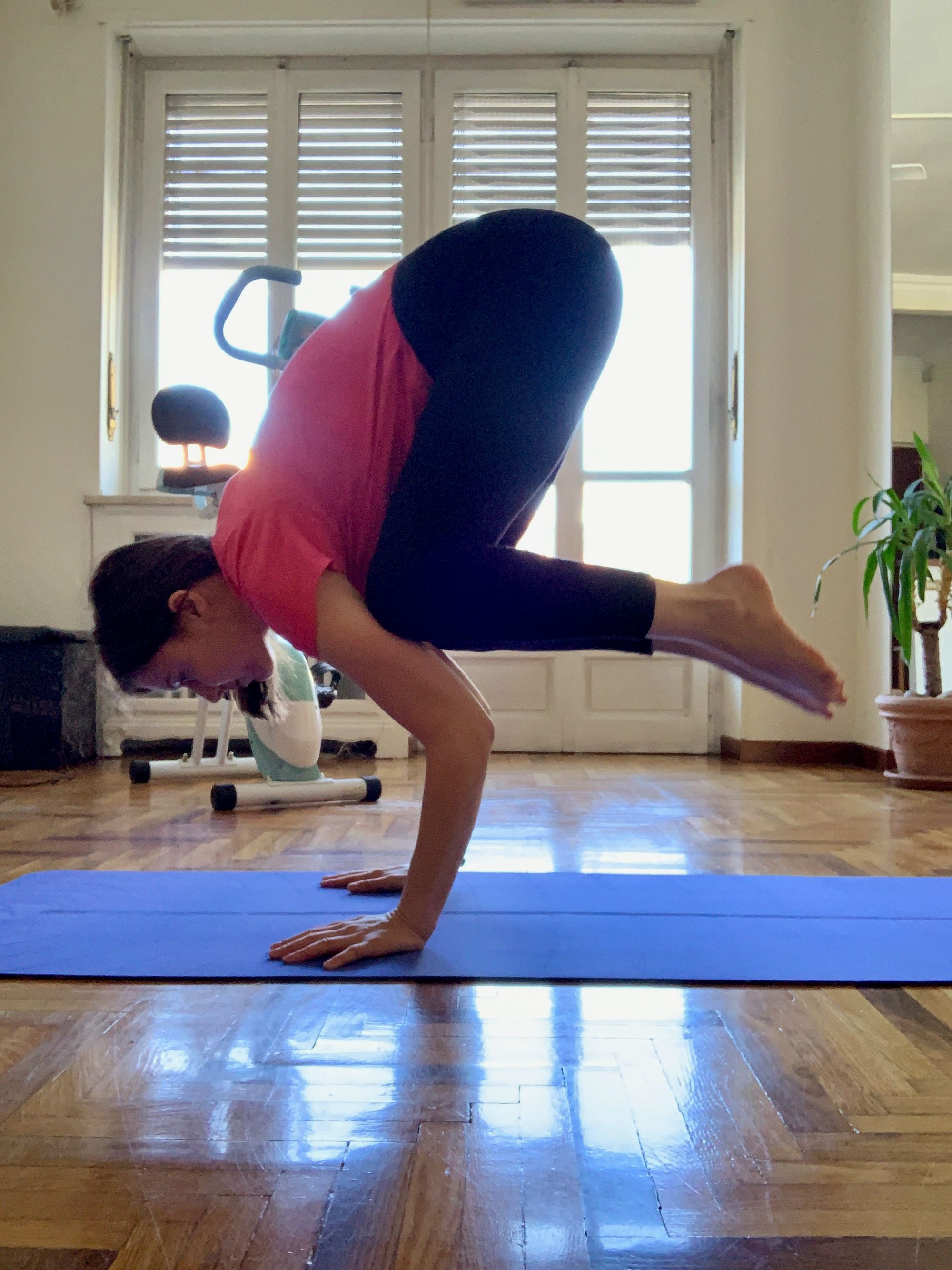
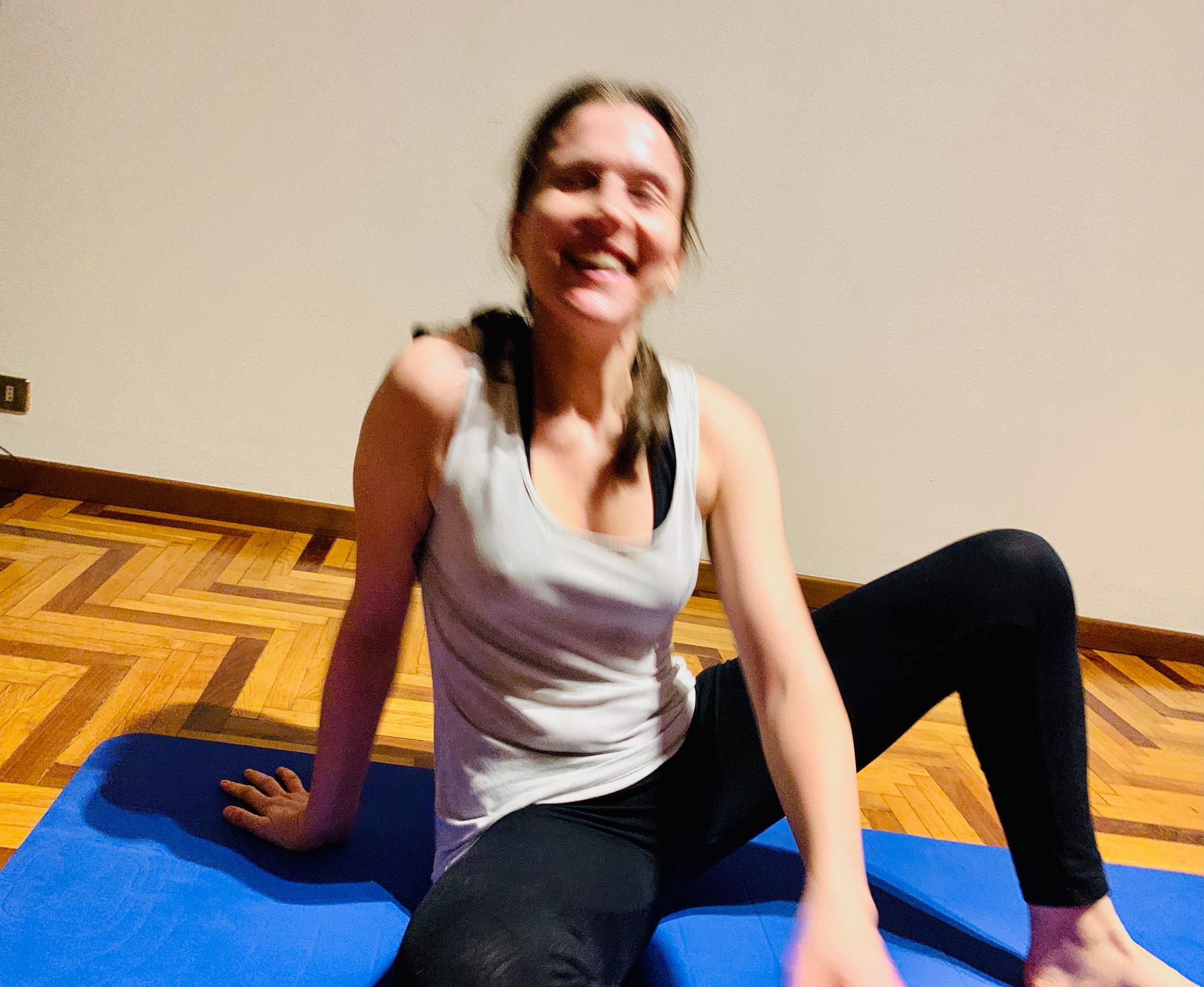
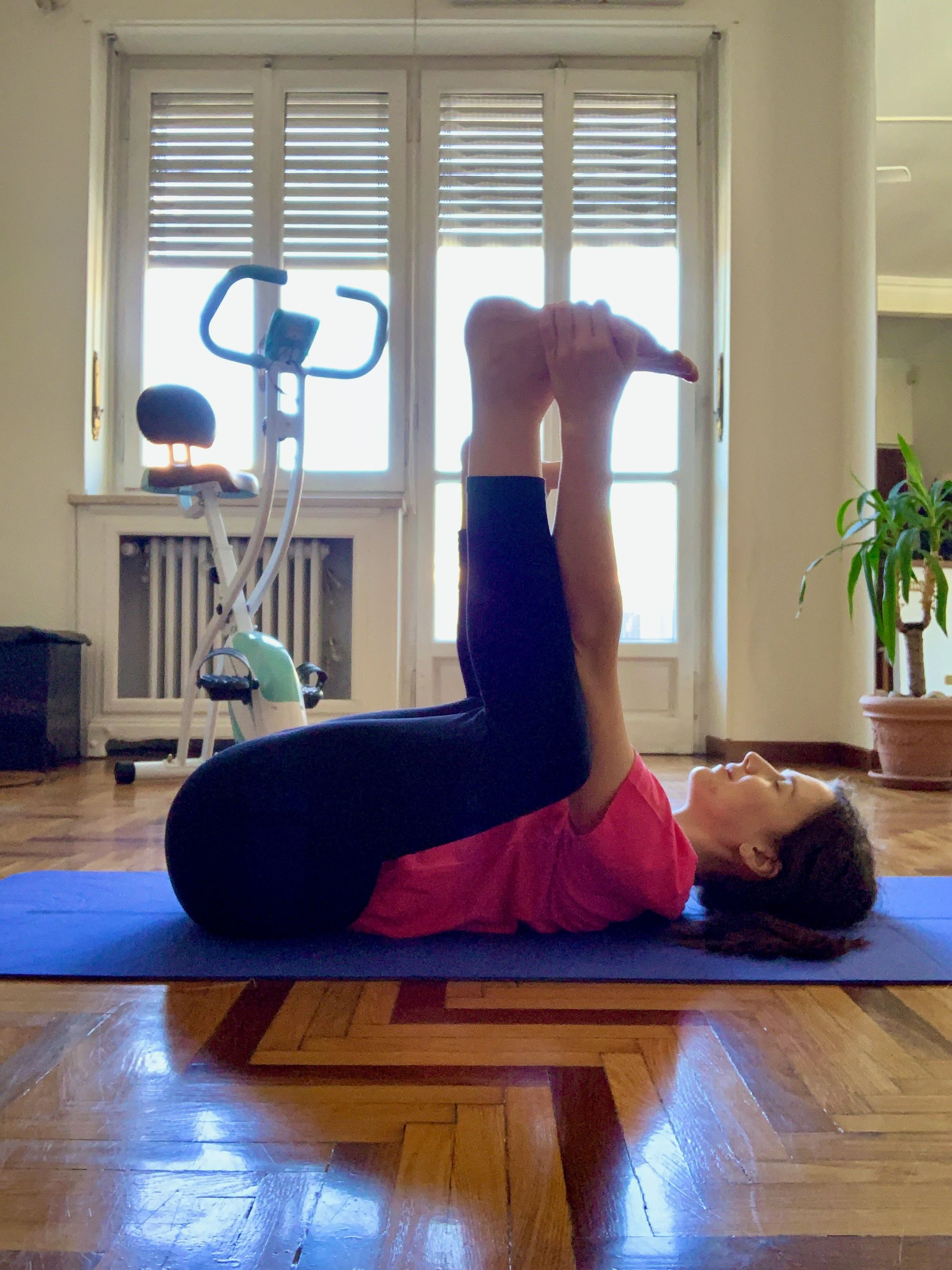



Member discussion